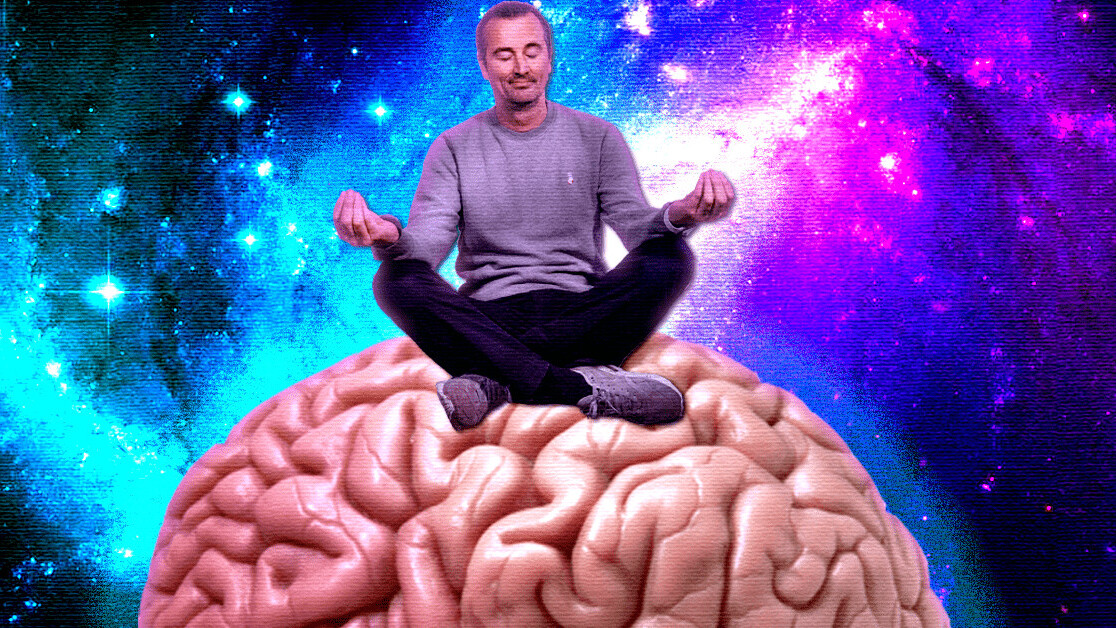
Boris is the wise ol’ CEO of TNW who writes a weekly column on everything about being an entrepreneur in tech — from managing stress to embracing awkwardness. You can get his musings straight to your inbox by signing up for his newsletter!
There’s a quote by Alvin Toffler, which I think about often: “The illiterate of the 21st century will not be those who cannot read and write, but those who cannot learn, unlearn, and relearn.”
My first steps into programming took place in 1990 when I started playing around with HyperCard. I read the book, played with the tutorials, and experimented with HyperTalk, the scripting language behind HyperCard.
The work was addictive, and I soon stayed up long into the night to build basic programs and learn more complicated routines.
[Read: How your ‘fighting style’ should determine your team]
To be fair, HyperTalk was more scripting than programming and touted as ‘programming for the rest of us.’ Still, I felt like a hacker while writing code that would generate random drawings or basic games that even my friends could play.
The World Wide Web soon came into view, and I realized that I had to learn an entirely new set of skills if I wanted to make use of this new medium.
A few years before that, I taught myself how to develop film and print photos in a darkroom I built in my parents’ house. I read the books, took the course, bought the accessories, and then spent hours mixing chemicals and developing photos. Then I bought my first digital camera, the QuickTake 100, and got my hands on a copy of Photoshop, and I realized a whole new world had opened up.
Since then, there have been several moments where I realize my meticulously acquired skills were no longer useful.
So the countless hours I put in acquiring those horribly outdated skills all went to waste, right? Nope, far from it.
We all learn, unlearn, and relearn.
And it’s actually more than that: by learning all these skills, I learned much more than just the skill itself.
HyperCard gave me a familiarity with coding and network-based thinking, which came in handy when the World Wide Web came along. My photography skills gave me a different insight into framing, design, even storytelling. And with every learning experience, I became better at acquiring skills too.
Every now and then, I have to remind my children about this, when they complain about something they’re being taught at school. They argue they’re being forced to learn a particular skill that they think will be irrelevant later in life.
But the goal of education isn’t just to impart knowledge and wisdom. It’s also about giving you the mental tools to acquire skills, and that’s a skill that you’ll never have to unlearn.
Can’t get enough of Boris? Check out his older stories here, and sign up for his newsletter here.
Get the TNW newsletter
Get the most important tech news in your inbox each week.




